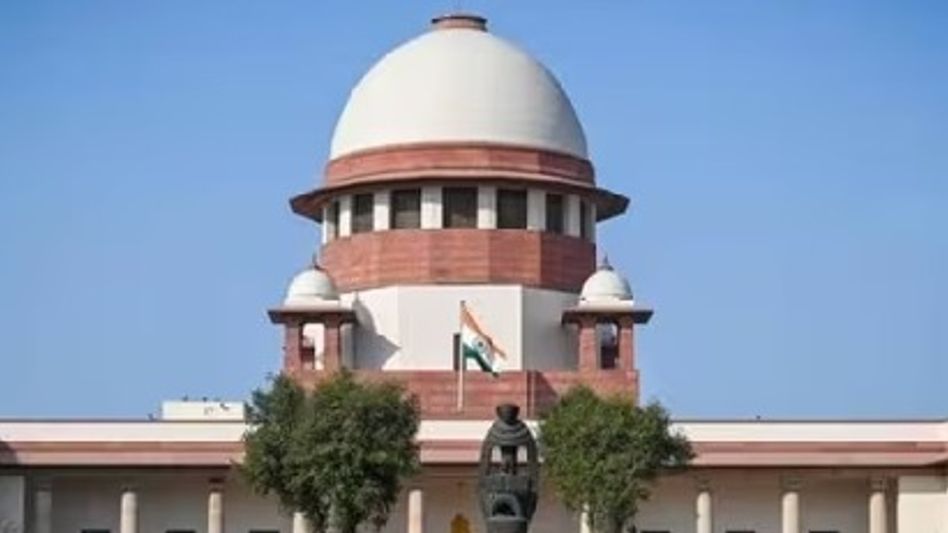Supreme Court directs Central Government to standardize hospital rates nationwide
The Supreme Court has issued orders to the central government to standardise rates for medical procedures across all states. This directive follows a PIL filed by an NGO highlighting significant disparity in hospital rates.
 Supreme Court, Hospital Rates, Central Government, PIL, Healthcare, Standardisation, India
Supreme Court, Hospital Rates, Central Government, PIL, Healthcare, Standardisation, IndiaThe Supreme Court has issued orders to the central government, urging immediate action to rectify a significant disparity in hospital rates nationwide. The court's directive includes a call for the central government to establish standardized rates for medical procedures across all states.
The issue came to light through a public interest litigation (PIL) filed by the NGO 'Veterans Forum for Transparency in Public Life'. The PIL emphasized the glaring difference in the cost of cataract surgery between private and government hospitals, ranging from Rs 30,000 to Rs 1,40,000 per eye in private facilities, while government hospitals charge up to Rs 10,000 per eye.
The PIL specifically sought the Centre to determine patient fees based on Rule 9 of the Clinical Establishment Rules 2012. According to this rule, hospitals and clinical establishments must display rates for services and facilities, adhering to the Centre's guidelines to maintain valid registrations.
A bench of Justices B R Gavai and Sandeep Mehta heard the case and directed the Union health secretary to implement standardization within the next month. The Supreme Court warned that if the Union government fails to find a resolution, it would consider the petitioner's plea to implement Central Government Health Scheme (CGHS)-prescribed standardized rates.
The last instance of standardized rates nationwide was during the Covid-19 pandemic. The petitioner also highlighted that if states do not cooperate with the government's rates, central legislation may be invoked to inform citizens of the anticipated costs.
This move by the Supreme Court addresses a critical issue affecting healthcare accessibility and affordability, emphasizing the need for uniformity in medical service charges across the country.
Copyright©2025 Living Media India Limited. For reprint rights: Syndications Today









